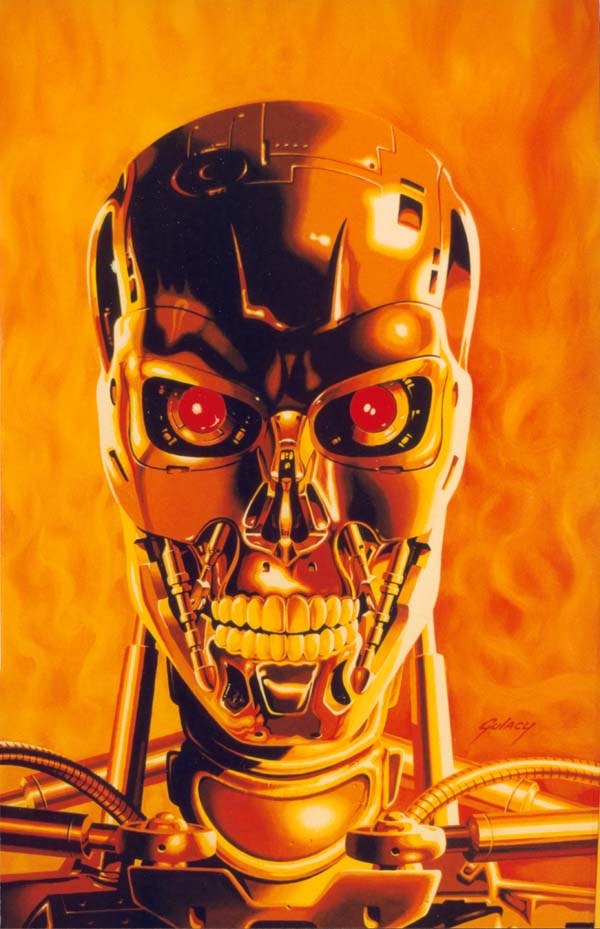Online Desktop versus Offline Web
![]()
Today there is an interesting post on the Read/WriteWeb: Point/Counterpoint: Which is better, an offline Web App or an online Desktop App? In the article, John Milan and Richard MacManus made a debate on which one is better for the future---offline Web applications or online Desktop applications. This is an interesting article, and many of the comments are worthwhile to read too.
I have also made some comments to the authors. In general, when users work offline, they are on their private life. On the contrary, when users work online, they are on their social life. Both sides, however, are fundamental parts of the human life.
An offline Web application is to take a part of social activities to a private space; and an online Desktop application is to take a part of private bahaviors into a social domain. In our real life, we see both of these phenomena regularly. Most of the time, which one is better does not depend on the method itself. In contrast, it is more about WHO makes the decision. Some people like to let everyone know their privacies; they definately like to use online Desktop applications. Some other, however, like to hide their soical activities as many as possible to be private information; and they will prefer to having offline Web applications. So which one is better? It does not depend on either researchers or developers. The answer can be very much different from one person to another. This is why both strategies have their customs.
Moreover, I would like to analyze this debate from the view of web evolution. By this view, the rise of web applications is a phenomenon of web evolution rather than a pure advancement on web technologies. At the beginning, web and desktop were two comparatively independent environment because web was only a network of newborns (virtually, see my article for the explanation). Desktop applications were crucial for users because they could not hand their assignments to "newborns" to do. The starting of the web evolution cycle (typically the emergence of Web 2.0) begins changing this thought. More and more desktop applications can now be done on the web. This trend is going to continue when web grows to be a network of more and more matured virutal people.
Does this trend result in the death of Desktop applications? Absolutely not. No matter how much we would like to be soical, we still need private spaces where live the Desktop applications. We always have something that is so private that we do not want to share. Even if we have discussed before that how deep we would like to clone ourselves, there is always something that we do not want to be cloned (if ever they become cloneable). Moreover, there are also some social activities that are private. We do not want others to know that we have these social activities. All these reasons make us believe that Desktop applications will not die and some web applications need to go offline.
Human society is complicated. Humans are the most complicated creatures of all. If anyone wants to categorize all human behaviors by a simple model, very likely it may not work well.



